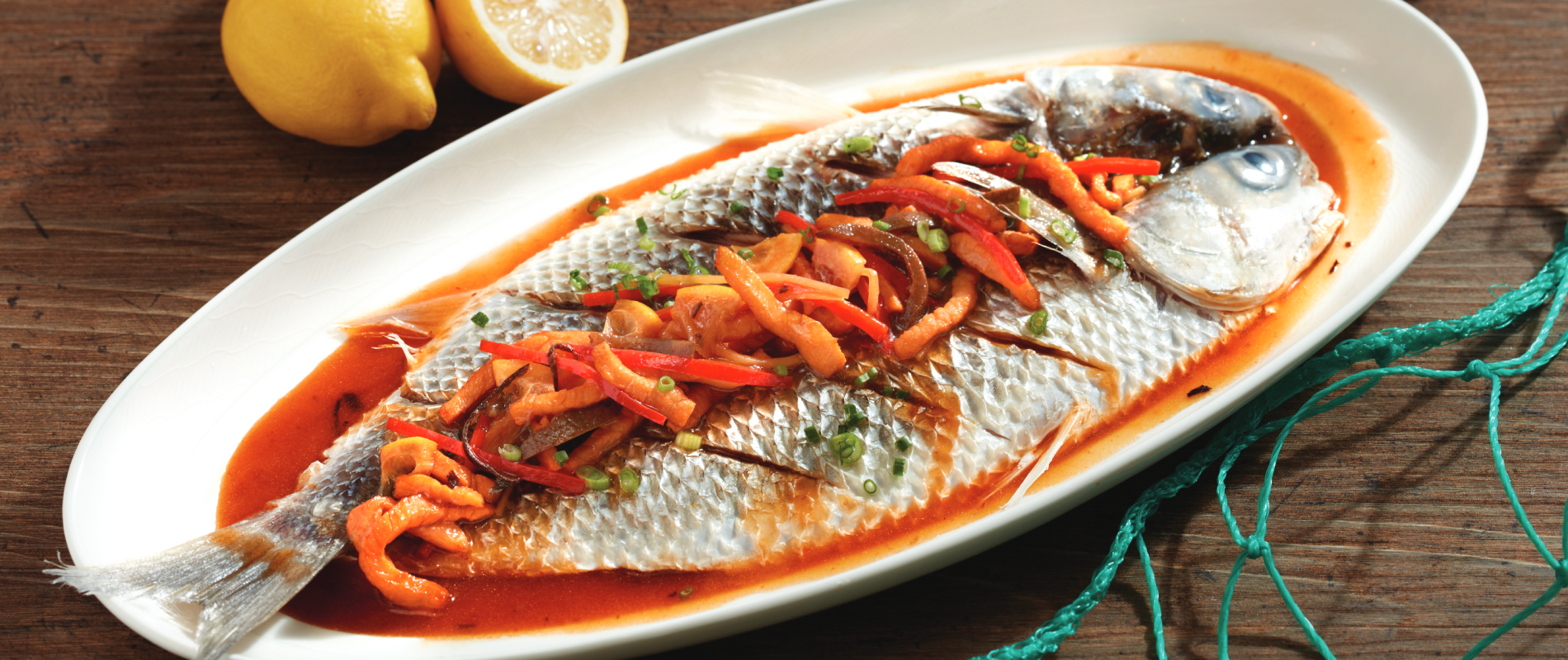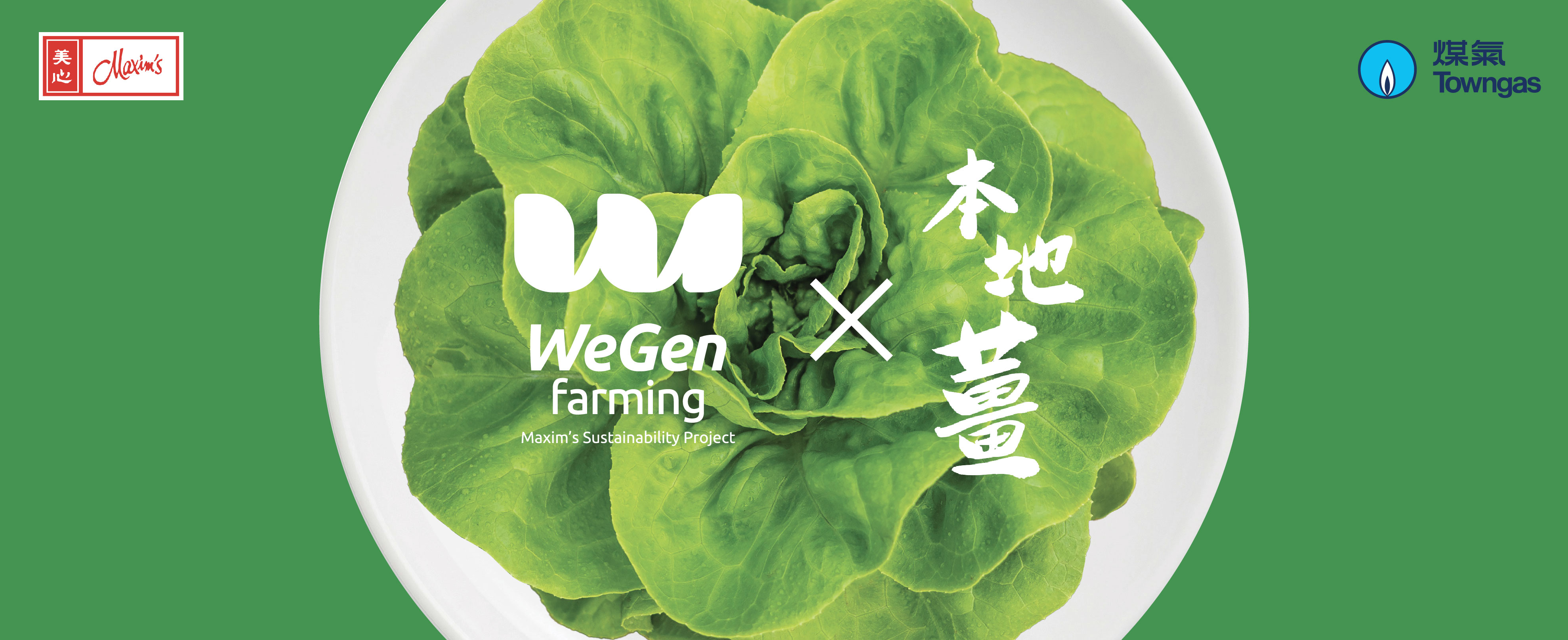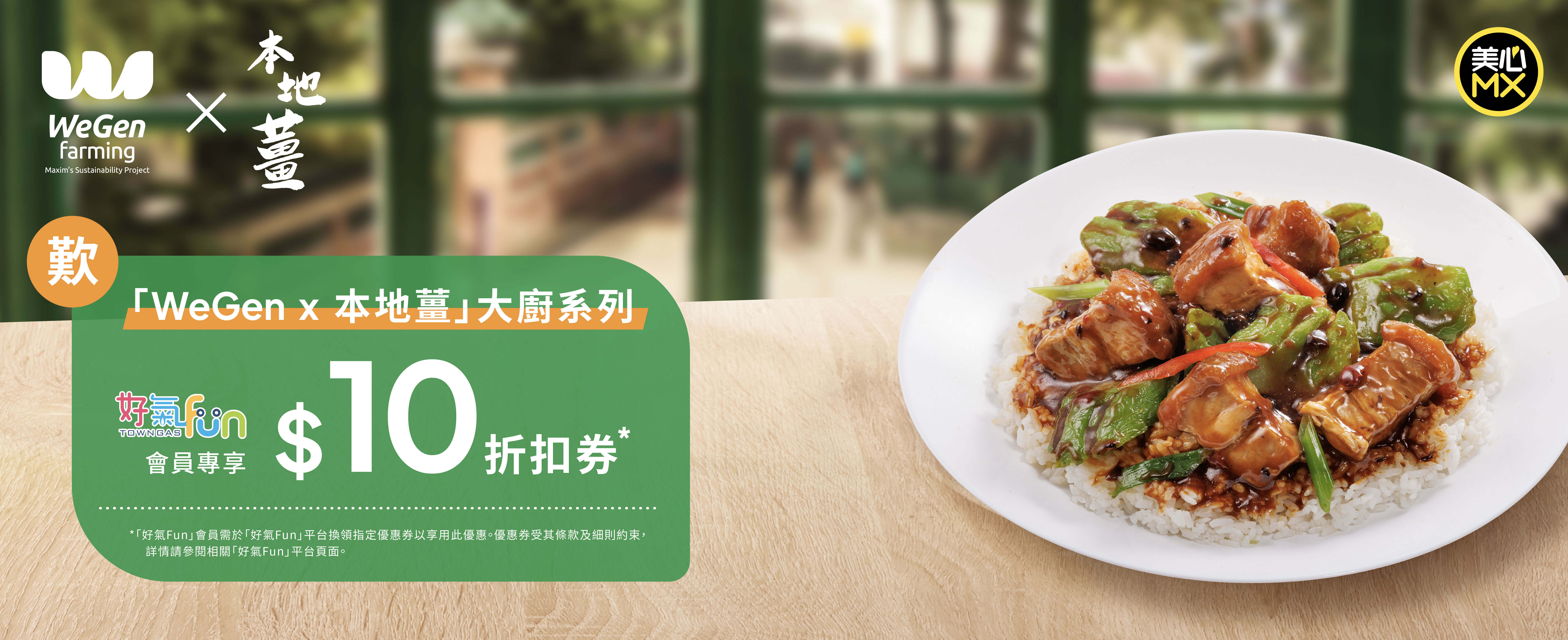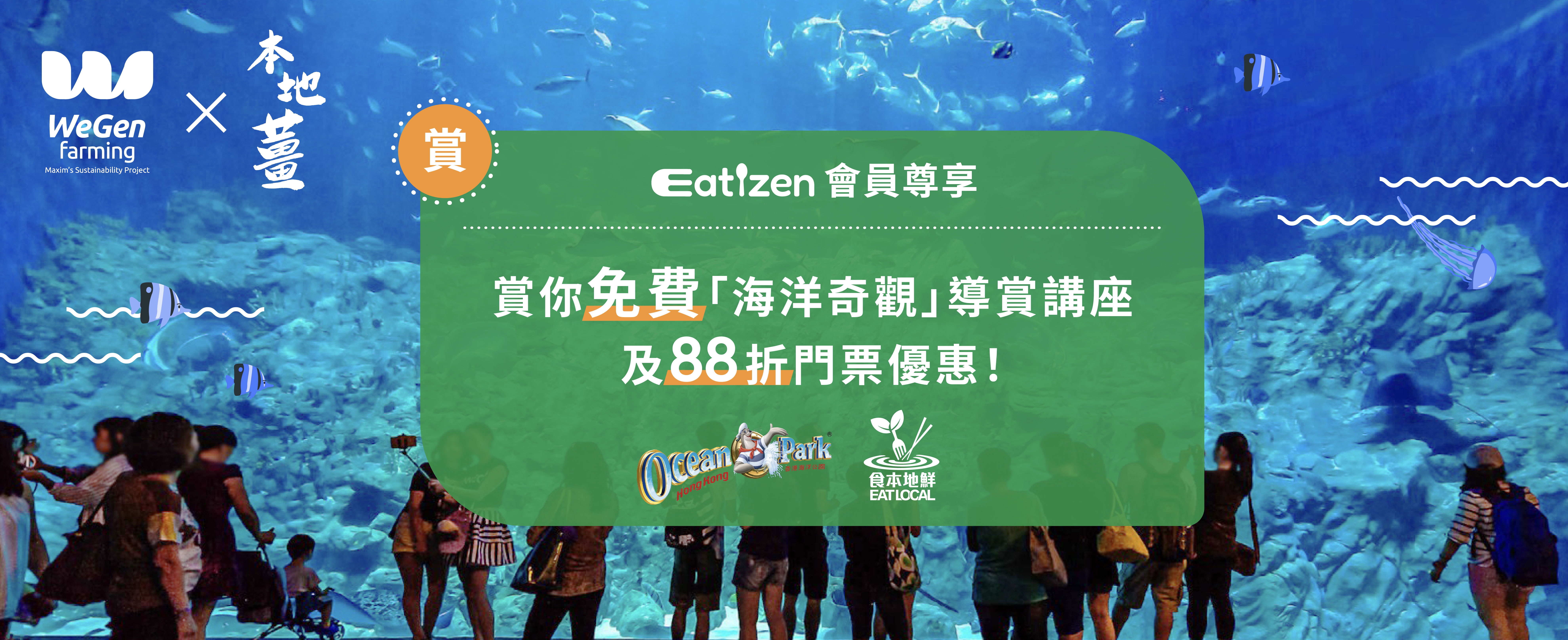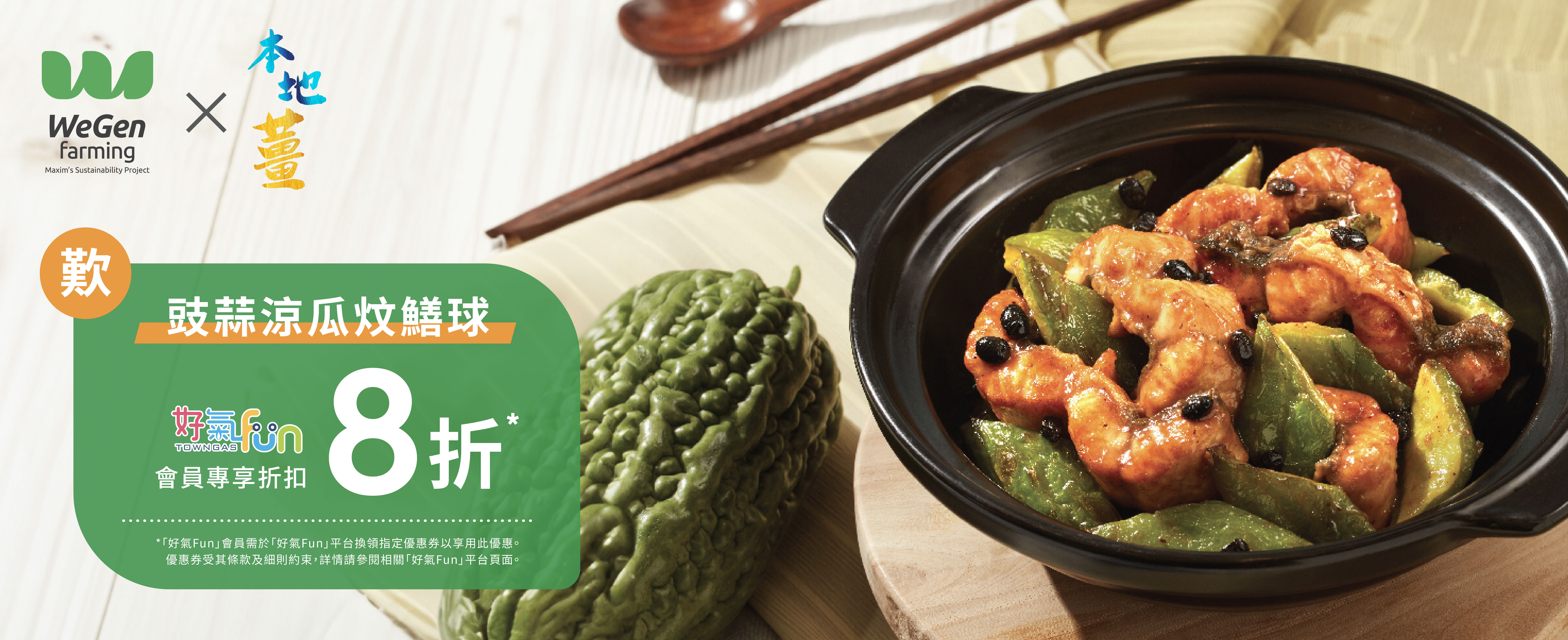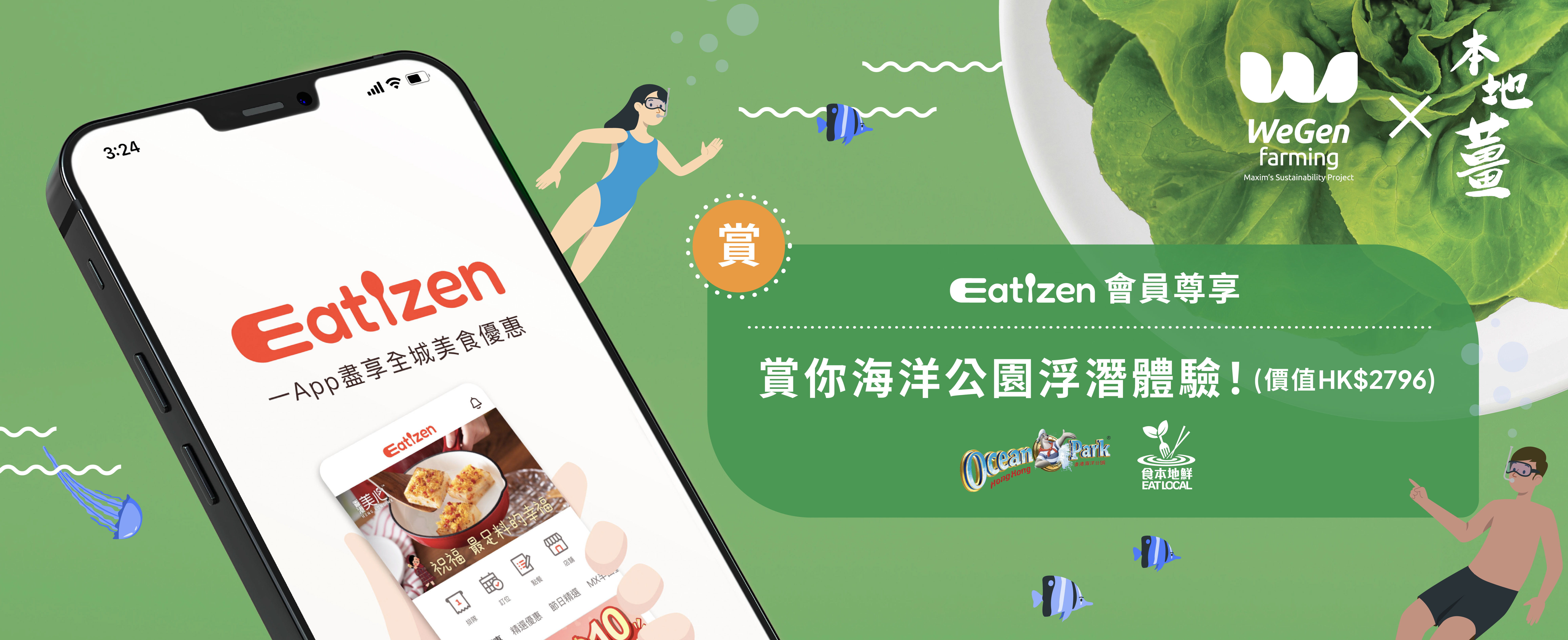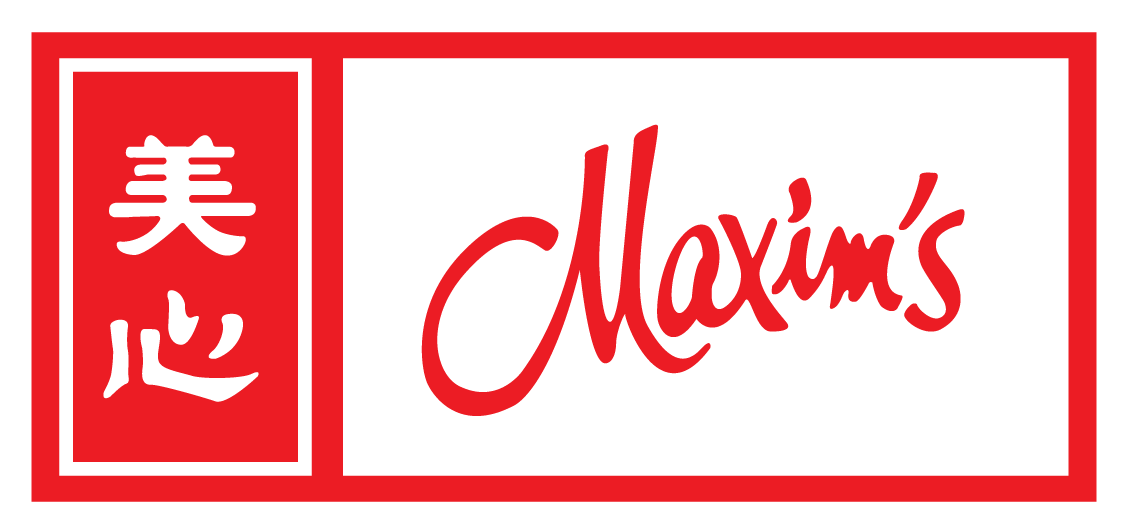“Places that served Cantonese cuisine were not named ‘seafood restaurants’ for nothing. It reflects how quality fish is absolutely essential in Cantonese dishes,” said Michael, Chief Chef of Product Control & Development in Chinese Cuisine at Maxim’s Group.*
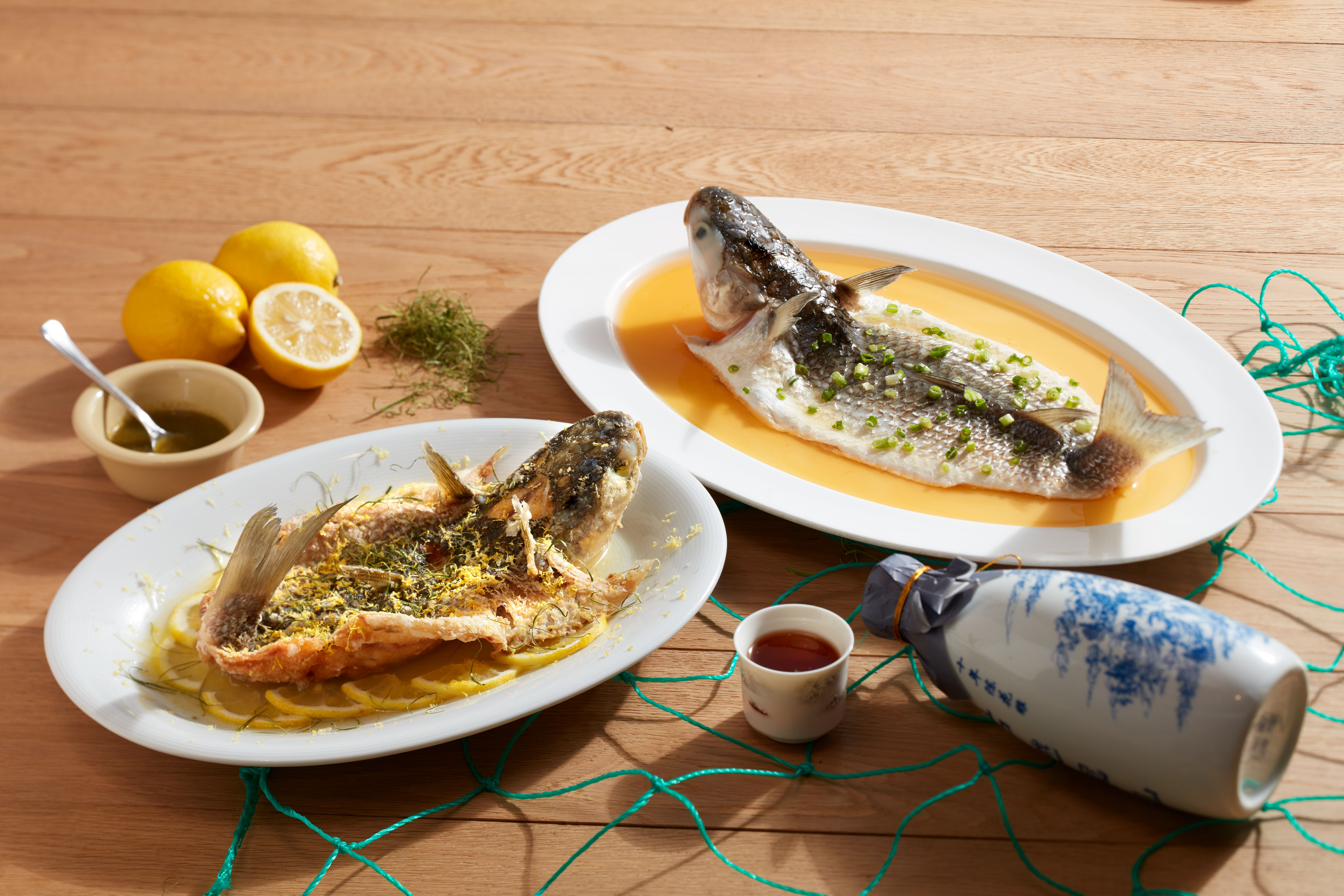
The history of aquaculture can be traced all the way back to around 7th century BCE. People have long been obsessed with finding and tasting the freshest ingredients. As the story goes, ancient Chinese would go to incredible lengths, like transporting with ice on hot summer days, to acquire hilsa herring, a highly sought-after fish.
In an interview with Ming Pao Weekly, Michael used grey mullet as an example to illustrate the journey chefs go through to deliver the taste of freshness to customers. Chefs first locate and source fresh ingredients, then come up with the best way of cooking and last but not least, incorporate the delicacy into a gourmet dish.
The water quality of ponds is an important factor in whether grey mullets taste good. The Accredited Fish Farm Scheme monitors and ensures fish quality by managing water quality and feed. The rest is left to chefs’ skills and imagination. Taking inspiration from a Thai recipe “grey mullet with lemon” and employing the technique used in the Cantonese “lemon chicken”, Michael created a brand-new dish, “crispy local grey mullet with lemon”.
(*An excerpt from “The era of finding and tasting freshness — Cantonese cuisine cannot do without quality fish: a story on how a local chef turned grey mullet into a lemon-chicken-like delicacy” from Ming Pao Weekly)

Over the last three years, Fish Marketing Organization (FMO) and Maxim’s Group have joined forces to make a change. Maxim’s Chinese Cuisine rolled out the “Local Farm Menu” program in 2022, with an aim to “promote local produce while supporting the aquaculture and sustainable development in Hong Kong”, as pointed out by Henry Yip, Market Manager of FMO.
“Hong Kong actually has a lot of excellent farmed fish products, something Maxim's Group has long noticed. This gave rise to the ‘Local Farm Menu’ partnership program. From fish farm visits to product testing, production quantity setting and menu design, every step is taken care of with the concerted effort of FMO, fish farmers, Maxim’s Procurement Department and Production Department, before a farmed fish dish is served to the customers.”
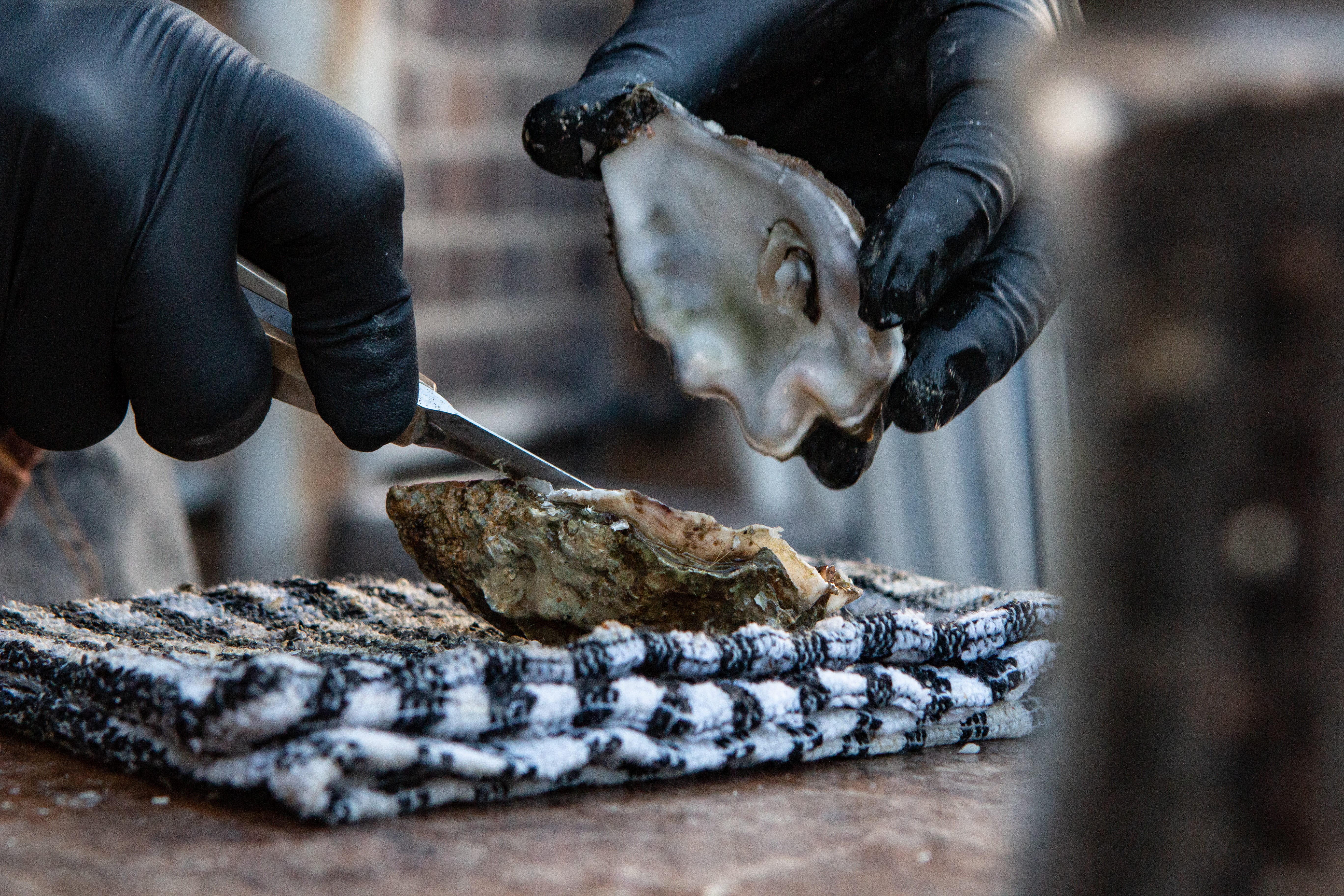
In the past, when it comes to eating oysters, people only cared about the taste. But now, consumers also focus on whether it was produced sustainably. “For example, the ‘depurated oysters’ used by Maxim’s Chinese Cuisine are processed at depuration facilities under the support of the Sustainable Fisheries Development Fund. All of the oysters are cleansed before being served.”
All fish farms partnered with Maxim’s are participants of the Agriculture, Fisheries and Conservation Department’s Accredited Fish Farm Scheme. In addition to ensuring food safety, consuming local produce also helps to cut carbon emissions as it reduces the demand for long-distance transportation.
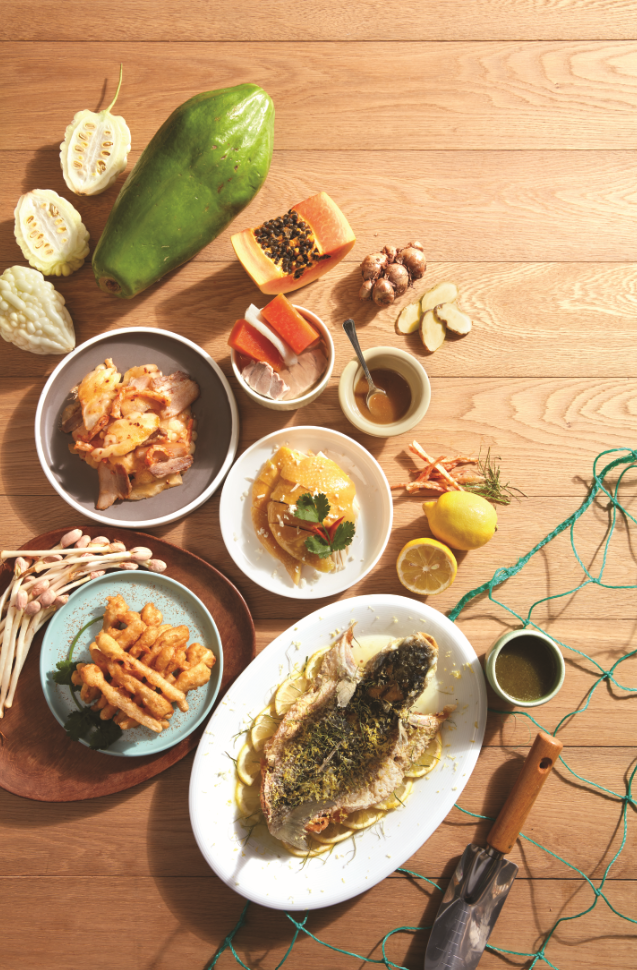
“Now, as the partnership program enters its third year, more varieties of farmed fish will be available. Other than the depurated oysters mentioned earlier, there will also be new species of fish such as Yuen Long’s Japanese seabass and rabbitfish,” said Yip. The restaurants under Maxim’s Group have launched an array of themed menus to support local fish farm development. For each set meal or dish sold, HK$10 will be donated to the Fisheries and Farmers Association of the New Territories for the purchase fish feed, fry and technical support, so that farmers are well-equipped to produce more quality fish. Recently, fish farms have introduced new species such as jade perch, batfish, black rabbit fish and speckled blue grouper, all of which are popular among consumers. Maxim’s Chinese Cuisine will continue its support for local aquaculture producers and contribute to the comprehensive development of the industry.
Through taking part in these partnerships, fish farms can acquire more resources to manage water quality and feed ratio, so as to optimize the fat and protein in fish, bringing to the market farmed fish that are tastier and safer than wild sea fish. “The so called ‘kerosene-tasting grey mullet’ are wild mullets contaminated by oil pollution in the sea. This won’t be an issue for farmed fish, so they are much safer.”
Savor more fresh ingredients and discover more stories. A healthy and sustainable local aquaculture industry does more than putting ESG (Environmental, Social, and Governance) into practice — it also brings a treat to everyone’s palate.


